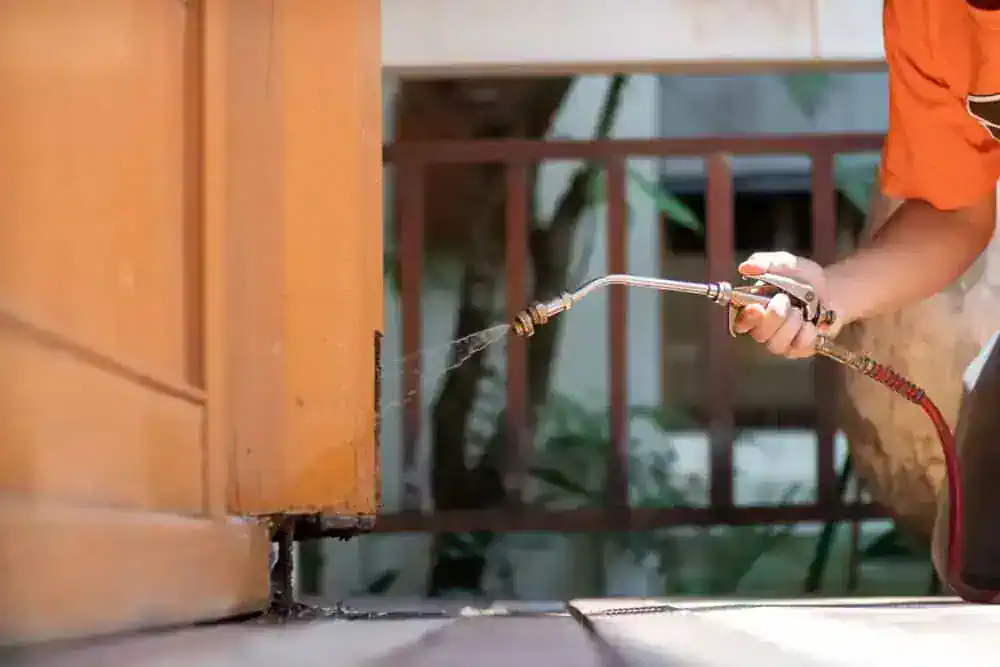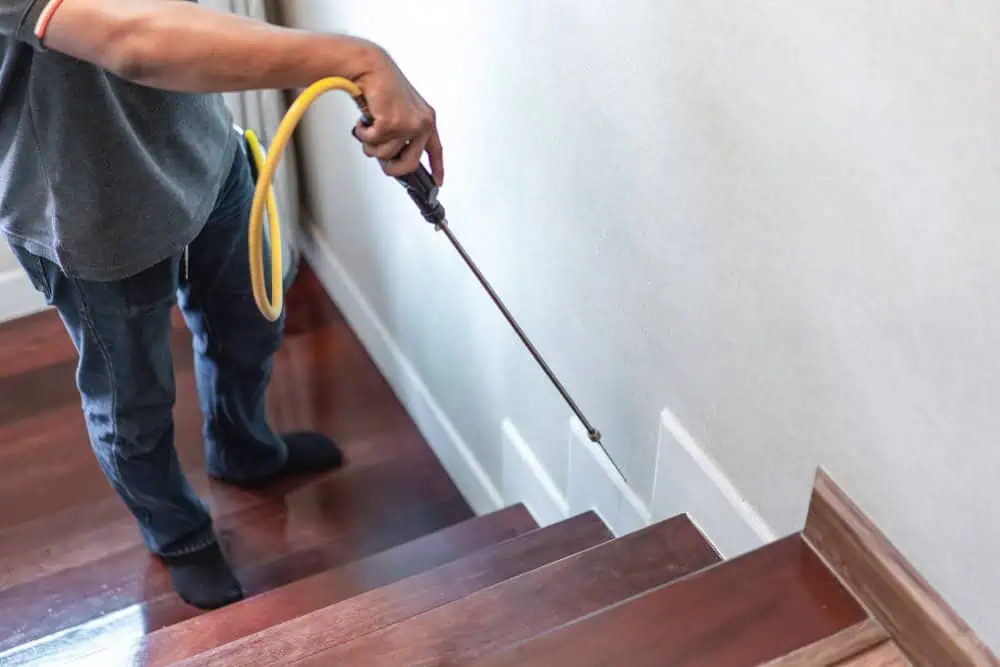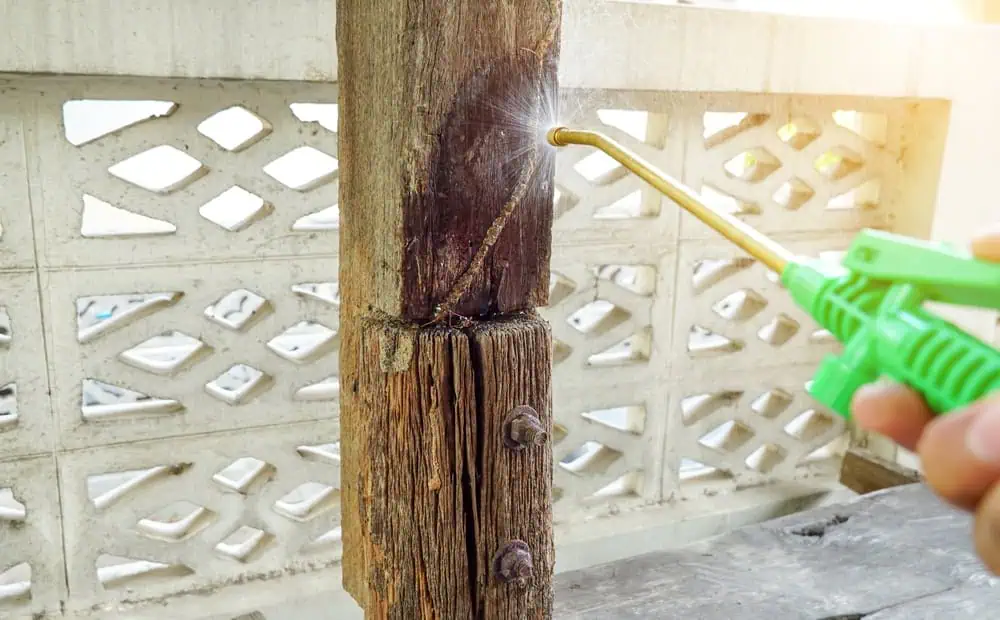Fast, guaranteed ant removal that actually works the first time.

Hear from Our Customers

You shouldn’t have to live with ant trails across your counters or worry about carpenter ants chewing through your home’s structure. When we finish an ant control job, you get your space back without the constant battle of spraying and respraying.
Our treatments eliminate the entire colony, not just the ants you see. That means no more surprise invasions next week or next month. You’ll actually be able to leave food out without creating an ant highway, and guests won’t spot those embarrassing trails marching across your kitchen.
The difference is simple: we find where they’re coming from and cut off the source. Most homeowners waste months fighting the same ants because they’re only treating the symptoms.
86 Pest and Wildlife Removal has been handling ant infestations throughout Andrews and the surrounding New Jersey area for years. We’ve seen every type of ant problem this region throws at homeowners, from seasonal sugar ant invasions to serious carpenter ant damage.
Our team knows exactly which ant species are active in Andrews at different times of year and what actually works to eliminate them. We’re not a national chain reading from a script – we’re local professionals who understand New Jersey’s unique pest challenges.
Every technician is licensed and insured, and we stand behind our work with real guarantees, not fine-print promises.

First, we inspect your property to identify the ant species and locate their entry points and nesting areas. Different ants require different approaches, so this step determines everything that follows.
Next, we apply targeted treatments that eliminate the colony at its source. We don’t just spray visible ants – we use methods that worker ants carry back to the nest, eliminating the queen and the entire population.
Finally, we seal entry points and apply preventive barriers to stop future invasions. You’ll get specific recommendations for keeping ants out long-term, plus our guarantee that covers any breakthrough activity.
Most jobs are completed in one visit, though severe carpenter ant infestations may require a follow-up treatment to ensure complete elimination.

Ready to get started?
Your ant control service includes complete property inspection, species identification, and customized treatment application. We handle everything from common pavement ants to destructive carpenter ants that can damage your home’s wooden structures.
Andrews homes often deal with carpenter ants because of the area’s moisture levels and older wooden construction. These aren’t just nuisance pests – they actually excavate galleries in wood, which can weaken structural elements over time. Our treatments specifically target carpenter ant colonies before they cause expensive damage.
You’ll receive detailed documentation of what we found, what we treated, and what to expect moving forward. We also provide specific prevention recommendations based on your property’s unique risk factors.
All treatments use family and pet-safe methods that won’t put your household at risk while eliminating the ant problem effectively.
